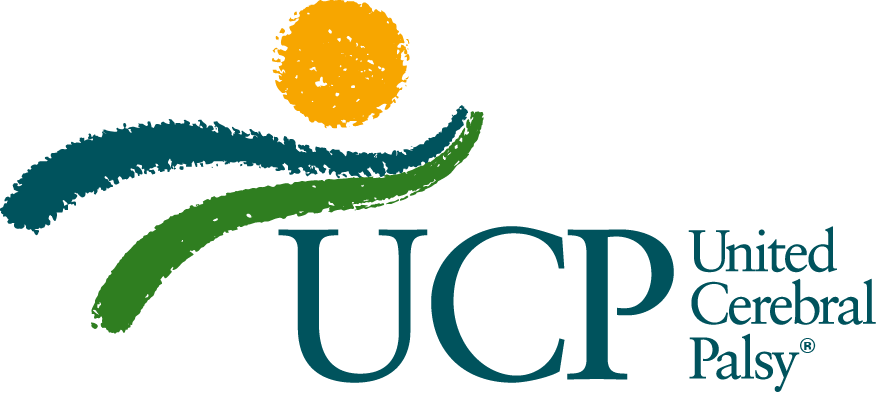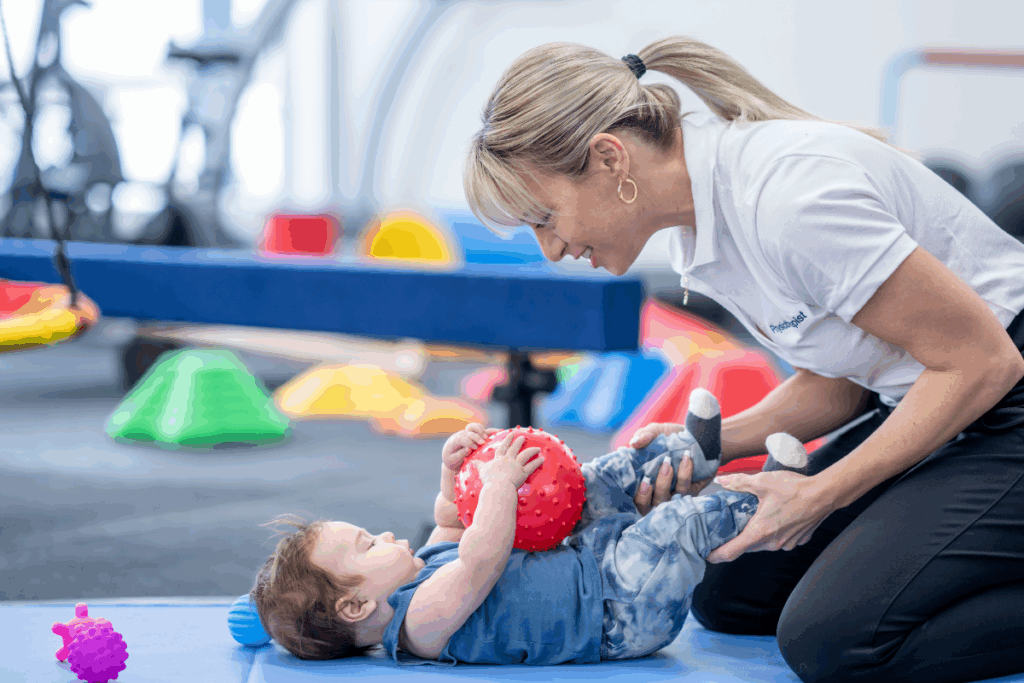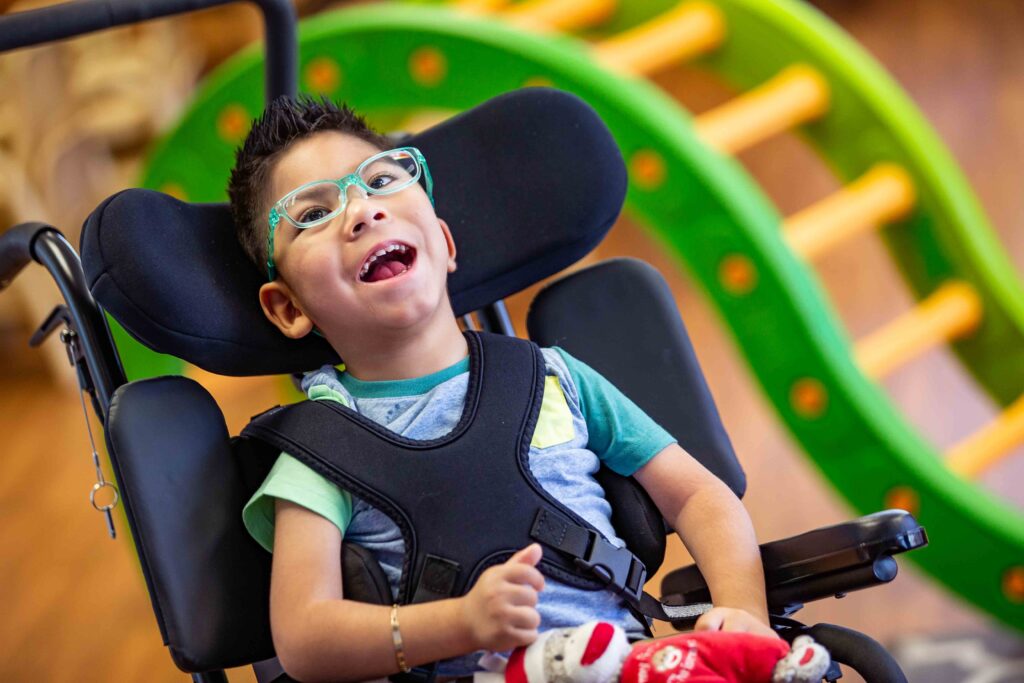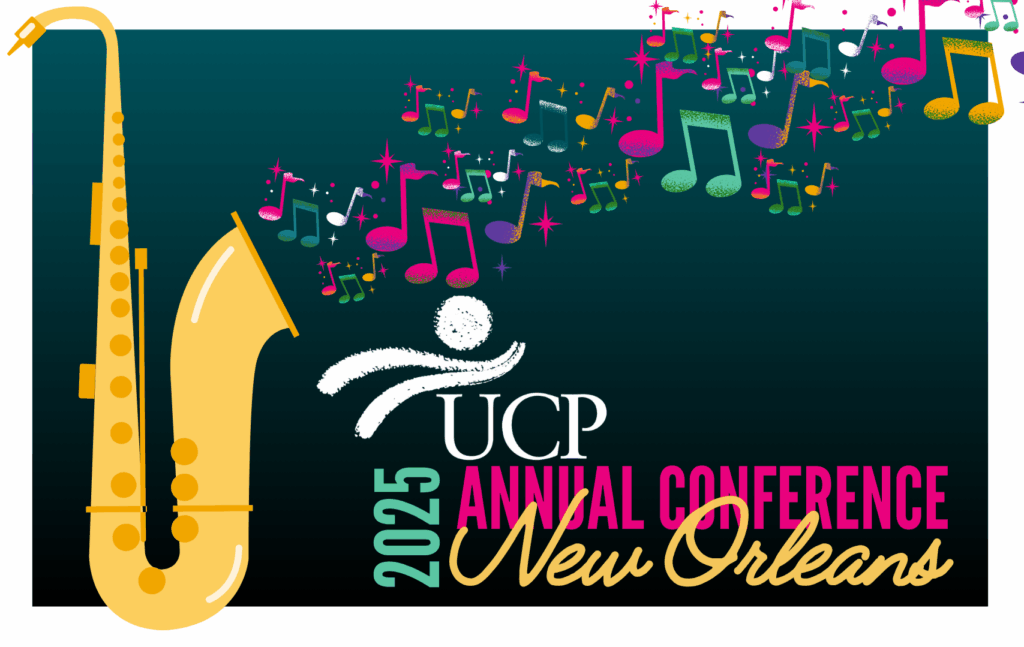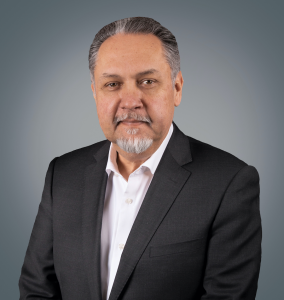
Armando Contreras is the president and CEO of United Cerebral Palsy
“It is an exciting time, as biomedical and therapeutic innovations have the potential to change the course of a child’s life.” – Dr. Michael Kruer, Phoenix Children’s”
— Dr. Michael Kruer
WASHINGTON, D.C. — United Cerebral Palsy has awarded $80,000 in grants to four organizations across the country to support research into cerebral palsy.
WASHINGTON, DC, DISTRICT OF COLUMBIA, UNITED STATES, September 20, 2022 /EINPresswire.com/
Contact: UCP Communications Coordinator James Garcia, jgarcia@ucp.org, 602-460-1374 (direct cell)
UCP awards $80,000 in grants to fund four cerebral palsy research projects
WASHINGTON, D.C. — United Cerebral Palsy has awarded $80,000 in grants to four organizations across the country to support research into cerebral palsy.
The UCP Research Committee (URC) awarded grants aimed at advancing clinical and translational research, with a “knowledge transfer implementation focus” that advances the state of the science and culminates in real-life gains, bridging the gap between research and care by transforming the lives of children with cerebral palsy and related neurodevelopmental disabilities.
“It is an exciting time, as biomedical and therapeutic innovations have the potential to change the course of a child’s life,” said UCP Research Committee Co-Chair Dr. Michael Kruer, a pediatric movement disorders specialist, neurologist and human geneticist, who serves as director of the Pediatric Movement Disorders Program at the Barrow Neurological Institute, Phoenix Children’s Hospital. “Advances in our understanding of early brain injury and genetic determinants of disease are changing concepts of cerebral palsy and related disorders, and we know that diagnosing and treating young children as early as possible is the best way to help them throughout their lifespan.”
UCP President and CEO Armando Contreras said, “United Cerebral Palsy created the Research Committee, which includes some of the top cerebral palsy researchers and experts in the nation, as a way to support the growing and promising advances in this field of study. At its core, the mission of our new grant program is to fund research aimed at helping children with CP and other neurodevelopmental disabilities in ways that help them grow up to live the best lives they possibly can.”
Applications were accepted from researchers and clinicians in the U.S. and Canada on any studies relevant to cerebral palsy and related neurodevelopmental disabilities, though preference was given to research that will focus on early diagnosis and early treatment of cerebral palsy. Both biomedical and therapy-focused studies were welcomed.
Grants were awarded for the following projects:
– Progression of cerebral palsy: The first two years of life. Grant recipient and award amount: Cincinnati Children’s Hospital Medical Center, $20,000
Description: The aim of this study is to describe early progression of CP by mapping the development of infants with, or at-risk of CP, prospectively over the first two years of life in a multi-site, international longitudinal cohort. Current funding through CP Alliance allows for assessment of 100 infants at Cincinnati Children’s. With this extension grant, we could increase our sample by one-third allowing for a more representative sample of infants from the United States.
– Implementation of Therapy Together with Early Childhood Intervention. Grant recipient and award amount: Texas Woman’s University/State of Texas Early Childhood Intervention, $19,968.
Description: The aim of this proposed project is to conduct a pilot hybrid type two implementation and efficacy study on Therapy Together with Early Childhood Intervention using an explanatory mixed methods approach. Therapy Together is a parent led pediatric intensive constraint induced movement therapy (P-CIMT) program for young children (3 months-2 years 11 months) with unilateral cerebral palsy (UCP).
– Use of the Affected Limb in Children with Hemiplegic Cerebral Palsy as Measured by Accelerometry following Infancy Initiated Constraint-Induced Movement Therapy: A Pilot Study. Grant recipient and award amount: Gillette Children’s (UCP of Minnesota), $20,000.
Description: A pilot study of infants with hemiplegic CP, initiating directed CIMT while they are infants, and periodically over 4 years measuring with accelerometers their affected limb movements during routine daily activities. We also propose measuring wearing time of the constraint with a body temperature sensor embedded in the constraint device. Our long-term goal is to determine if early intervention with CIMT has long-term functional benefits during everyday activities and if those benefits are correlated with the length of time the infant wears the constraint while engaged in directed activities.
– Transforming Health through Relationships via In-Person and Virtual Environments (THRIVE) Cerebral Palsy. Grant recipient and award amount: James Madison University, $20,000
Description: Transform one’s physical and mental health by turning their home into a personalized activity space creating social connection and increasing one’s social capital through one-on-one mentorship and connection with peers with and without cerebral palsy through our THRIVE Community connecting individuals to existing resources and opportunities in one’s community.
The UCP Research Initiative also plans to provide $10,000 — thanks to a grant from The MENTOR Network Charitable Foundation, the philanthropic arm of Sevita — to support the 2023 Alabama Early Intervention and Preschool Conference to be hosted by UCP of Alabama and other local sponsors. The funds granted will go to provide 10 scholarships for attendees and $5,000 toward the cost of an expert speaker for the “motor track.”
To learn more about cerebral palsy:
https://cpresource.org/topic/what-cerebral-palsyhttp:
https://www.cdc.gov/ncbddd/cp/index.html
ABOUT UCP
The mission of United Cerebral Palsy is to be the indispensable resource for people with cerebral palsy, Down syndrome, autism spectrum disorder and other neurodevelopmental disabilities. Founded in 1949, UCP has 56 affiliates (54 in the U.S. and two in Canada) that provide a wide range of services annually to more than 150,000 children and adults, including resources and referrals, advocacy, research, educational instruction, early intervention, physical therapy, job training, integrated employment, home and community based services, recreational opportunities and housing assistance. UCP also advocates for direct support professionals (DSPs) and other direct care workers. We believe all people with disabilities should be treated as equal members of an inclusive society so they can “live life without limits.”
###
